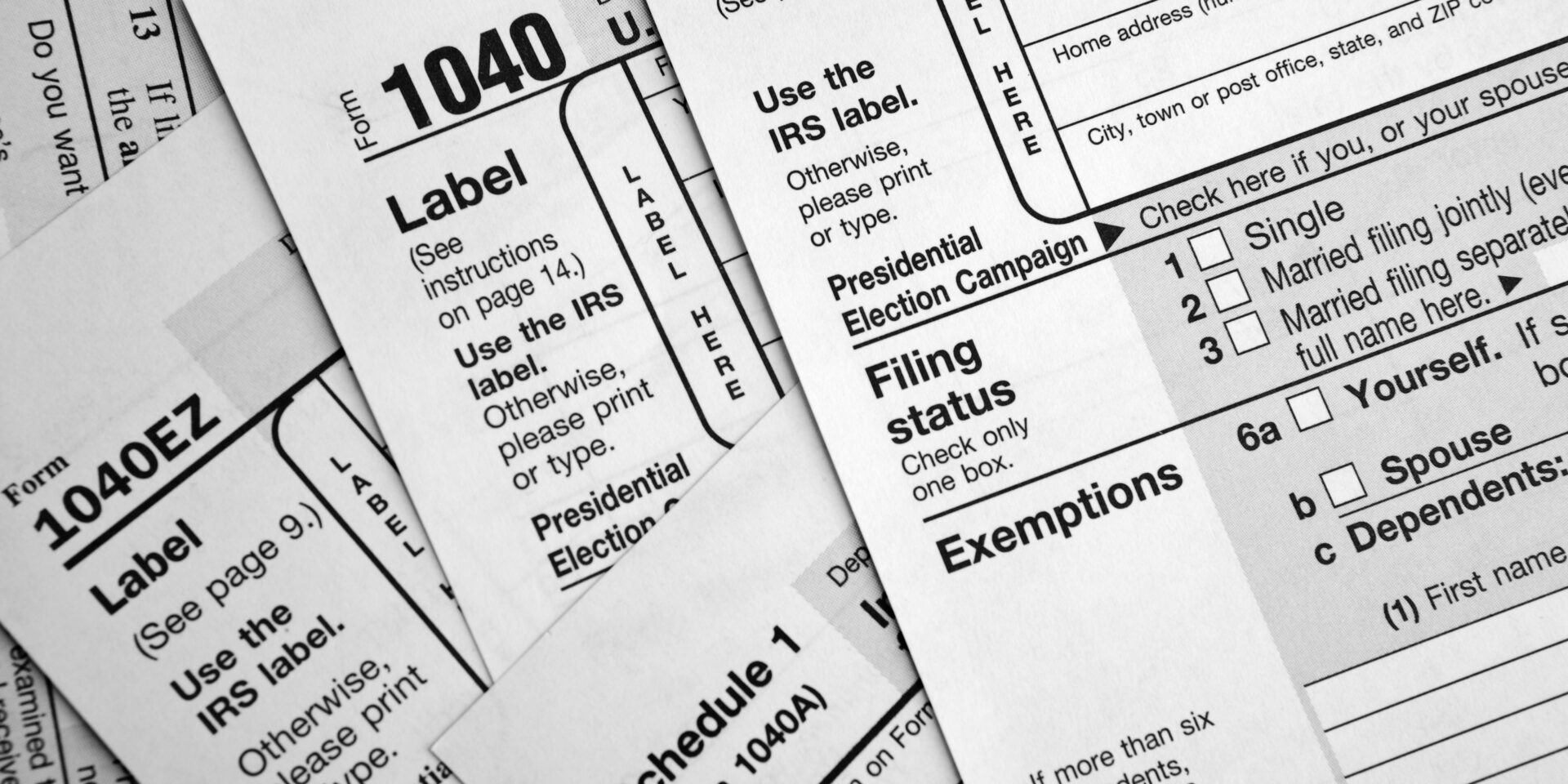Language:
How to set up an LLC in the UK
Have you ever wondered if you can start an LLC from the UK? In this article, we'll show you exactly how to register a US-based LLC from the UK.

A limited liability company (LLC) is an American business structure that operates similarly to a limited company in the United Kingdom. As a legal entity, an LLC does not exist as a separate structure in the UK, but that doesn’t mean that UK citizens can’t open an LLC!
With the help of a registered agent, such as doola, you can open a US-based LLC and operate your company from the UK. There’s no need to be a US resident or relocate to the “land of opportunity.”
Stay with us as we explore the various steps involved in setting up an LLC in the UK and how a registered agent can help.
Can I set up an LLC in the UK?
UK citizens can own a US-based LLC and operate their business from the UK.
If you’re a budding entrepreneur wanting to open a business in the UK, you have a few traditional types of business structures to consider, such as the following:
- Sole trader: Easy and simple registration for self-employed business owners
- Partnership: Two or more individuals agree to share profits, losses, risks, benefits, and responsibilities of running the organization
- Limited liability partnership: Similar to a partnership but a partner’s liability is limited to their financial investment in the business
- Limited company: A privately managed business owned by shareholders and run by directors
Unlike the above business options, an LLC offers benefits that contribute to limited liability for business debts. For example, small and medium-sized businesses enjoy the versatile and economic structure of an LLC and how it enables you to bypass certain legal hurdles and corporate tax rules.
What is the difference between LLC and LTD in the UK?
Of the traditional business structures in the UK, a limited company (LTD) is the most similar to an LLC. However, there are nuanced differences that separate the two options.
In both instances, an LLC and LTD protect company directors from personal liability with regard to covering business debts or legal costs. The most significant difference is that an LLC charges lower annual fees, while an LTD offers slightly better security against creditors.
The tax structure is another notable difference. An LLC is taxed as the personal income of the owners, while an LTD is taxable as a corporation.
Finally, there are no shares of stocks involved in an LLC, while an LTD consists of shareholders that purchase a certain number of shares. In turn, an LLC has fewer compliance requirements than an LTD.
Interested in more of the benefits and considerations for both business structures?
Advantages and disadvantages of an LTD company
The following benefits of an LTD encourage business owners to choose the structure as their chosen option. Some of these benefits overlap with an LLC.
- An LTD is a credible business structure that gives the impression of official professionalism.
- Company directors are protected from being held personally liable for any debts that occur (or legal costs).
- In the UK, an LTD also offers the benefit of lower National Insurance Contributions, meaning that business owners keep more of their earnings to reinvest in the company.
On the flip side, there are a few considerations for registering an LTD company, such as the following.
- The cost of maintaining an LTD can be expensive.
- The National Insurance Contributions required for hiring employees and subcontractors involve higher costs.
- Limited companies must file annual financial statements with Companies House, a time-consuming and costly process.
An LLC overcomes some of these challenges, making an LLC a more viable option than an LTD. For example, there is less paperwork and bookkeeping associated with running an LLC, making it a more cost-effective option than an LTD.
Advantages and disadvantages of an LLC
An LLC combines the advantages of a corporation and a partnership, making it a popular option for business owners. Easy and quick to set up, an LLC offers the following advantages.
- Tax flexibility is available through pass-through taxation, meaning the LLC’s profits and losses pass through each member’s individual tax return.
- Personal liability protection means that an owner’s personal financial assets are not at risk in the instance of debt.
- Quick, easy, and inexpensive to form with limited paperwork.
- Management flexibility as LLCs choose between member-managed and manager-managed.
- Boost the credibility of your business.
While these benefits are enough to convince you, it’s important to keep the following considerations in mind, too.
- An LLC costs can more to form than a sole proprietorship
- Ownership in an LLC can be more difficult to transfer
6 Steps to setting up an LLC in the UK
Whether you want to establish your own accounting firm, open up a neighborhood cafe or offer services as a pool construction specialist, you need to follow the same six steps to form a US LLC while living in the United Kingdom.
1. Choose a name for your LLC
The first step involves choosing a company name for your LLC, which will appear on all official formation documents. It’s time to let your creative juices flow while being strategic in naming your business.
As a guideline, keep the following tips in mind.
- Include “limited liability company” or “LLC” in the name. You can drop the extension in the trading name by registering a DBA (doing business as).
- Incorporate words that are relevant to your offerings, but avoid using words related to state agencies.
- Ensure that you don’t claim restricted titles, such as Bank, in your name without meeting the correct criteria and filling out the appropriate paperwork.
- Take readability into account, especially if using another language.
- Be careful of including creative misspellings.
- Consider your business name acronym if relevant.
Once you’ve decided on your business name, you need to take the necessary steps to claim the name.
For example, look for business names on the Secretary of State’s website, confirm that the domain name is available, and check the name with the U.S. Trademark Electronic Search System. Finally, search for businesses with similar names that could cause confusion down the line.
2. Form your company with a registered agency (RA)
A registered agent plays a key role in setting up your LLC. Just as the UK’s Companies House stipulates requirements for UK businesses to be legally valid, the Secretary of State requires that all LLCs have a registered agent.
An RA acts as a local representative in the United States and provides a physical address within the state of the LLC’s formation. It’s possible to choose a family member or friend as your registered agent when starting your company, but it can put a lot of strain on your relationship. For example, the registered agent must be available five days a week and make their contact information publicly available.
Professional RAs, like doola, streamline the process, removing the hassle of asking for a favor. As an added bonus, doola is experienced in the different aspects of forming an LLC!
3. Get a physical mailing address in the US
When going through the incorporation process, it’s necessary to have a physical mailing address in the United States to receive correspondence such as potential legal summons, tax notices, and lawsuits. Using an RA provides you with a physical address.
It’s also important to establish a virtual mailing US address for your regular mail. If you’re strategic when choosing your RA partner, you can reduce the hassle by asking them to provide a virtual mailing address. At doola, we’re happy to provide a virtual mailing address for all LLCs.
4. Get your EIN
An Employer Identification Number (EIN), also known as a Federal Tax Identification Number, is used when fulfilling business tax requirements with the IRS. There are certain instances when an EIN is required, such as the following.
- If you have hired an employee (or plan to hire an employee), then you need an EIN.
- If you plan to open a small business checking account, then an EIN is needed to meet banking requirements.
- If you apply for loans and building credit, then an EIN is a requirement.
- If you create accounts with FBA, PayPal US, Stripe US, or another payment platform in the United States.
Again, a thorough RA such as doola can take charge of the EIN process on your behalf. Alternatively, you can apply for an EIN on your own by following a few simple steps.
For example:
Before registering for an EIN, the state must approve your LLC to ensure that you have the correct business name and details.
Next, you must fill out an application for an EIN, which must be delivered in a hard copy version. Normally, a US Social Security Number (SSN) is needed, but getting your EIN without an SSN is possible by filling out SS-4 on the application. The completed form must be sent via fax or mail.
When filling out the form, your US address must be included on lines 4a and 4b of the form. Including these details will reduce the waiting period for your application and make other processes more streamlined. The EIN confirmation letter will be sent to address the address on the form. Make sure you choose a reliable mailing address in the US to have the confirmation forwarded to you in the UK.
Top tip: It’s also recommended that you attach the LLC’s Certificate of Formation once approved.
- Apply for a US business bank account
Even though you live in the UK, you must have a US bank account to manage the funds of the business (in dollars). As a non-US resident, you have limited options when opening a bank account, and that’s where a professional RA can help (again).
doola partners with US-based banks to help business owners open a business account. doola’s banking package also assists with taxes and bookkeeping, making it easier to navigate the financial side of the business from abroad.
6. Set up your payment processor(s)
A payment processor is a system that allows businesses to operate financial transactions. These transactions are handled through various means, such as credit cards, debit cards, and bank accounts.
It’s important to do your research and choose the best payment processor for your business, keeping in mind that you’re operating from the other side of the world. Once you have established your EIN and virtual address, you can choose from a selection of effective payment processors, such as Stripe and PayPal.
Stripe doesn’t require a US SSN and only needs an EIN and formation documents to get started. Discover how to set up a US Stripe account.
On the flip side, PayPal does require a US SSN or ITIN (in addition to an EIN and the formation documents. If you’re still interested, find out more about setting up a US PayPal account.
How long does it take to set up an LLC in the UK?
Starting a business across the world sounds like a time-consuming process, right? Wrong! With the help of a professional registered agent, aspiring business owners can begin forming an LLC in under 10 minutes.
The completed registration process will take as little as six weeks, with the following steps happening behind the scenes.
- Formation of the company — estimated time of one week
- Get an EIN (without a US social security number) — estimated time of three to four weeks
- Application for a US bank account — estimated time of one to two weeks
- Connection of a payment processor — estimated time of a few days
** The above time estimations are approximate and dependent on external factors
Start your LLC with doola
Are you ready to start your US company today? There’s no need to uproot yourself from your home in the tranquility of the British countryside or pack up your apartment on the vibrant streets of London. With the help of doola, you can register an LLC with ease and from afar.
The above steps cover the general process of forming an LLC as a UK resident, but you don’t need to go through them alone. Our experienced team is just a message away, ready and willing to make your business dream a reality. Sign up with doola today!
Keep reading
Start your dream business and keep it 100% compliant
Turn your dream idea into your dream business.

















